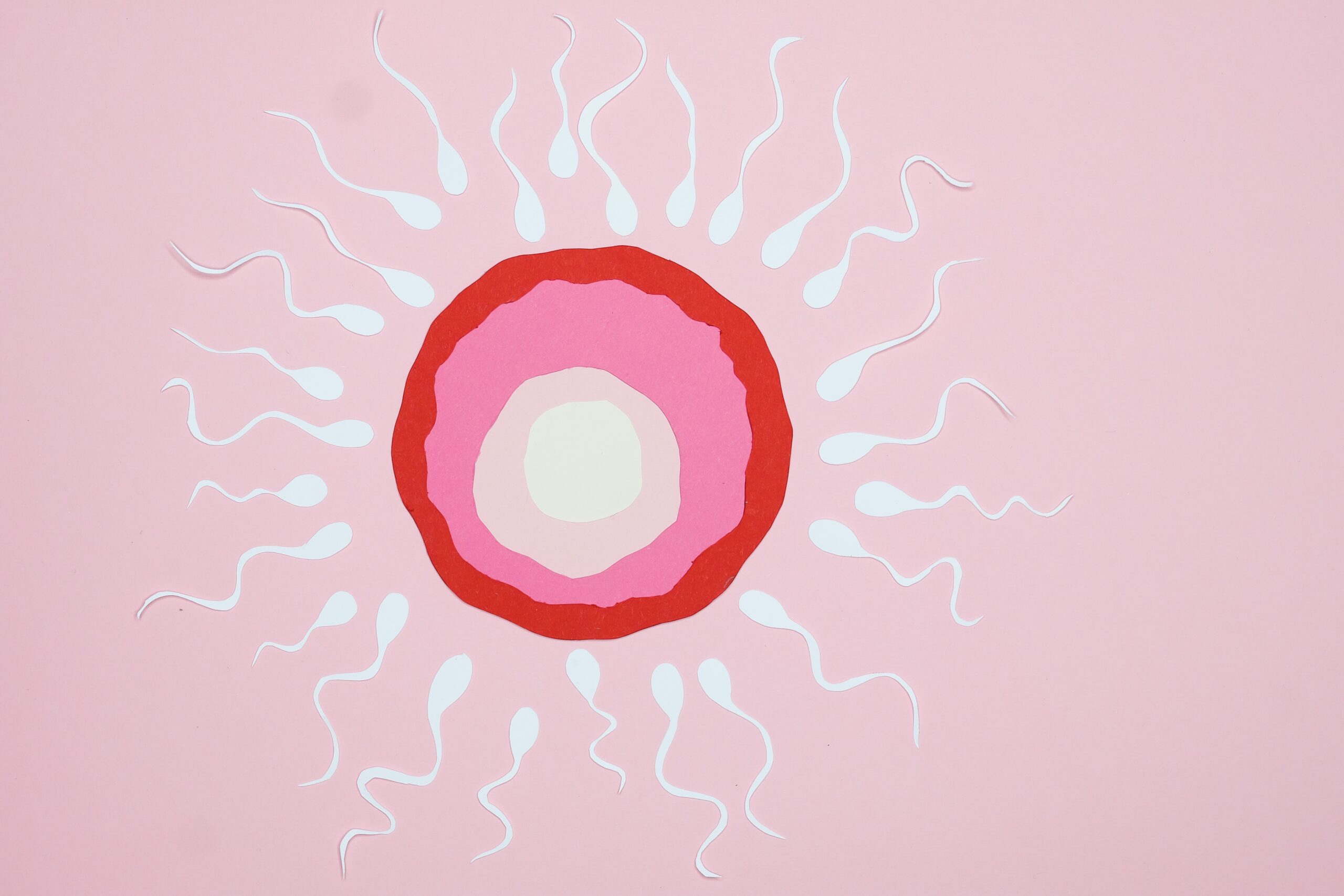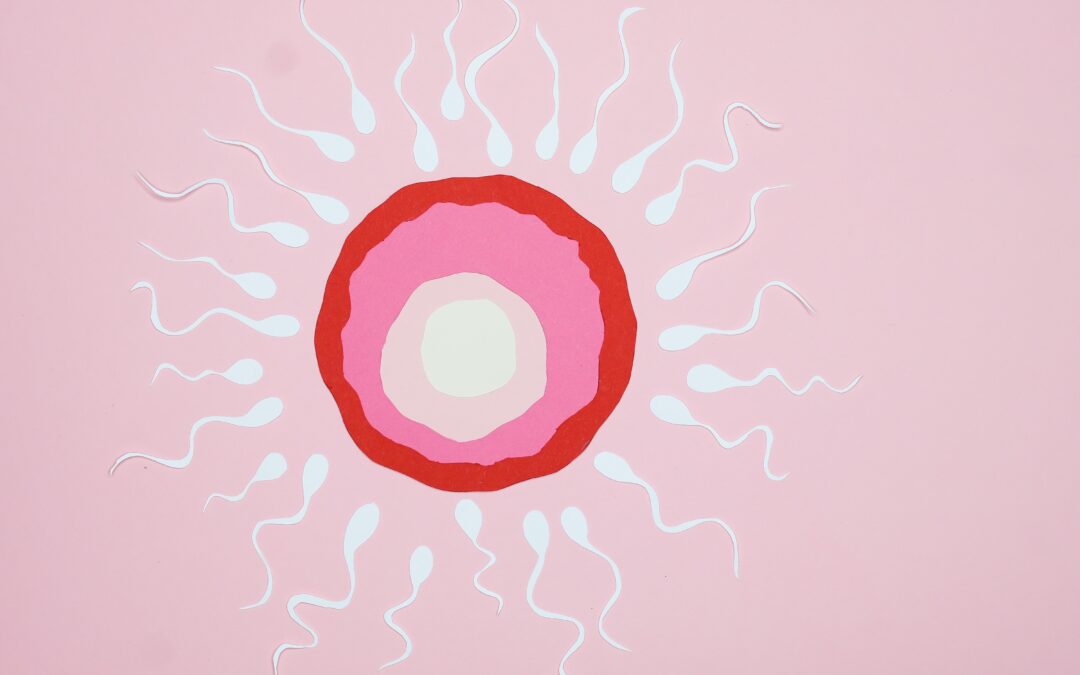
Pregnancy has always been regarded as a biological conundrum, a scientific mystery if you will. Think about it: our immune systems were built to attack foreign invaders that even the smallest single-celled bacteria would not be overlooked.
And yet, the immune system manages to suppress its very nature to allow an embryo to reside and grow inside a woman’s body.
So for any couple trying to conceive or struggling with infertility, it is wise to get the immune system in tip-top shape.
In this article, let’s talk about the link between fertility and the immune system, plus simple and natural things one can do to hone the immune system for a successful pregnancy.

Pregnancy and the Immune System
The immune system is amazingly effective in recognizing what is “self” and “non-self.” Non-self includes invaders like viruses, or cancer cells.
Now, a pregnancy is a unique situation. An embryo is 50-50, it is both self and non-self. As well, the placenta is technically not the mother’s tissue, but the embryo’s. Both of these should not be rejected. This is the reason why early pregnancy is a precarious time.
When the placenta starts to “invade” the lining of the womb, of course the immune system detects its presence. It recognizes the threat, but stops itself from attacking the fetus and the placenta. This is of course ideally the scenario.
However, when this mechanism fails, and the antibodies attack the embryo, this leads to an implantation failure or a spontaneous abortion.

Immunological diseases
Reproductive immunology is the branch of medicine that studies the interactions between the immune system and the reproductive system. Doctors called reproductive endocrinologists take on cases of couples with fertility issues.
The first thing they will do is to diagnose the autoimmune condition affecting fertility through a series of tests. The following are the possible autoimmune conditions, according to Healthshots (with minor edits by Naturally-Immune)
1. Anti-sperm antibodies:
Women and men are both at risk for autoimmune conditions. In the case of men, the immune system creates antibodies that damage or reduce the motility of the sperm. This happens due to a testicular injury or surgery like a vasectomy. So for couples trying to get pregnant, it is best to talk to each other and discuss health issues. Also, going to the doctor for a fertility work-up would help a lot.
2. Thyroid Disease:
Untreated hypothyroidism can risk the health of a baby. The good news? It is perfectly treatable, and many women have successfully given birth while getting treated for thyroid disease.
3. Decreased Ovarian Reserve:
Couples having fertility issues must have themselves checked for DOR or diminished ovarian reserve. It is a condition in which the ovary loses its normal reproductive potential that compromises fertility. In the test, two levels of hormones are looked at – FSH or follicle-stimulating hormone and AMH or anti-mullerian hormone. Abnormality in these hormones may be due to an underlying autoimmune condition.
4. Antiphospholipid Antibody Syndrome (APLAS):
In APLAS, women produce abnormal antibodies which cause clotting, leading to placental abruption, recurrent miscarriages, and premature births.
5. Rheumatoid arthritis:
Rheumatoid arthritis is a chronic form of arthritis that causes inflammation in the joints and bones. Those with this condition take medications that counteract fertility, causing issues like premature birth and birth defects.
6. Systemic lupus erythematosus:
The disease affects all parts of the body, like skin, kidneys etc., by damaging tissues throughout the body, affecting both male and female fertility. Lupus has been known to cause infertility, as well as pregnancy complications.

Immunity Self-Help Strategies
For us at Naturally-Immune, prevention is better than cure. So even before trying to conceive, a couple should work on enhancing their immune system to prevent miscarriage and other pregnancy complications. Here are a number of natural ways you can do this.
1. Stop smoking and drinking alcohol. Both weaken the functions of the immune cells.
2. Watch what you eat. Keep carbs low. Vegetables, leafy greens, fiber and olive oil have been shown to improve fertility
3. Maintain a healthy BMI. A healthy BMI at the normal range (20-25) is conducive to a healthy immune system.
4. Lessen stress. Science hasn’t established yet a direct link between stress and fertility. However, coping with and managing stress can improve your overall well-being. A positive mindset is helpful to someone dealing with treatments and the ups and downs that come with battling infertility.
5. Exercise. There’s nothing like a dose of dopamine to bring happiness and energy in your life.
6. Take vitamins and supplements. Take your Vitamin D, zinc, and folic acid.
Need more tips? Check our story, 7 Ways You Can Improve Your Immune System Naturally.
November 2 is World Fertility Day. It is a day to break the silence surrounding infertility, as well as discuss solutions for couples battling infertility. Know that you don’t have to suffer in silence. For anyone struggling, we see you. Do you have an autoimmune disease affecting your fertility? Comment below.
Tags
References:
Spranklen, A. (2020, Nov. 5) Can immunity affect fertility? How to support your immune system for a successful pregnancy. Glamour Magazine.
Prasad, P. (2022, Feb. 12). Can autoimmune diseases impact your fertility? An expert answers. Healthshots.
CNY Fertility. (2021, Dec. 15). Reproductive immunology and inflammation. https://www.cnyfertility.com/inflammation-and-reproductive-immunology/
Blakeway, J. (no date). Is Your Immune System Preventing a Pregnancy? Yinova Center. https://www.yinovacenter.com/blog/is-your-immune-system-preventing-a-pregnancy/
Fertility Academy UK



0 Comments